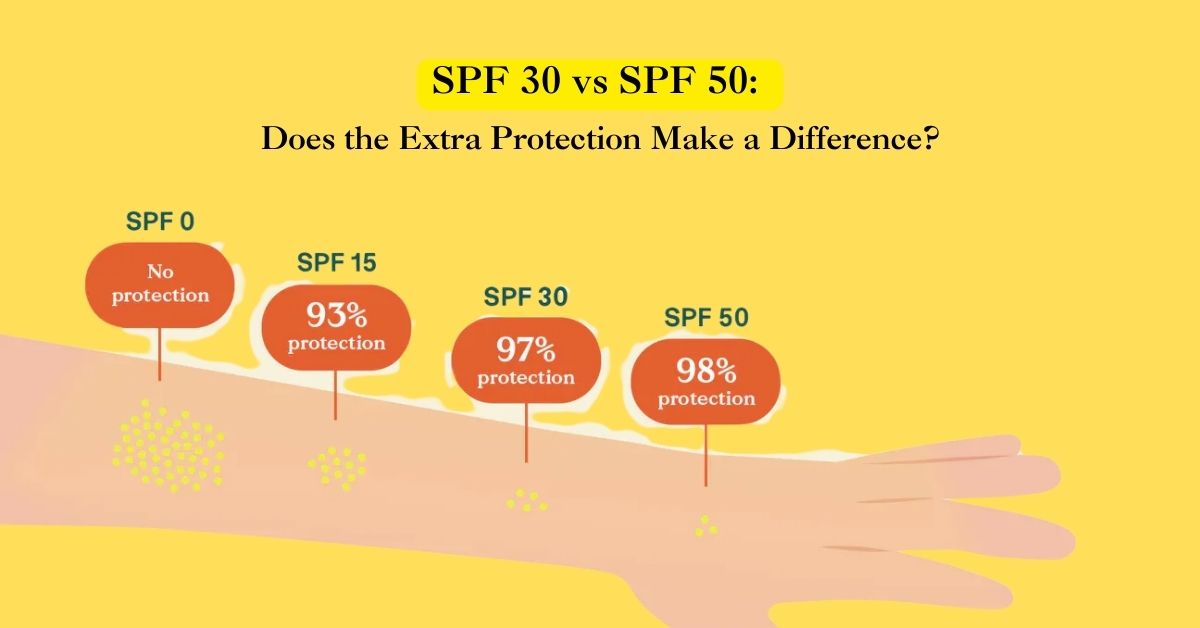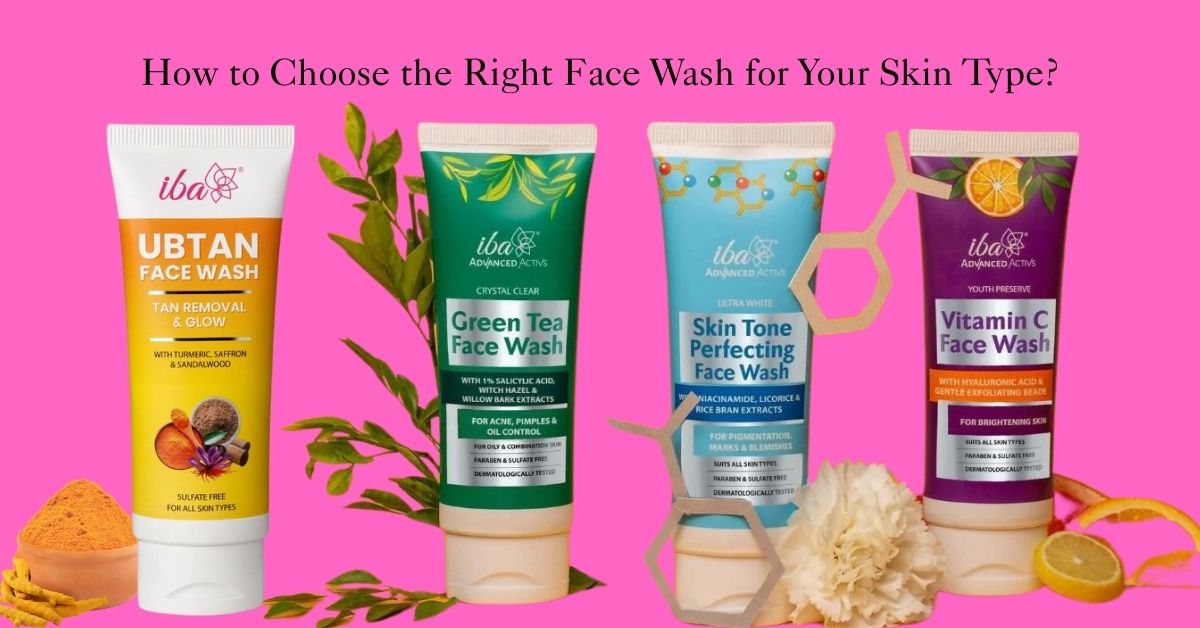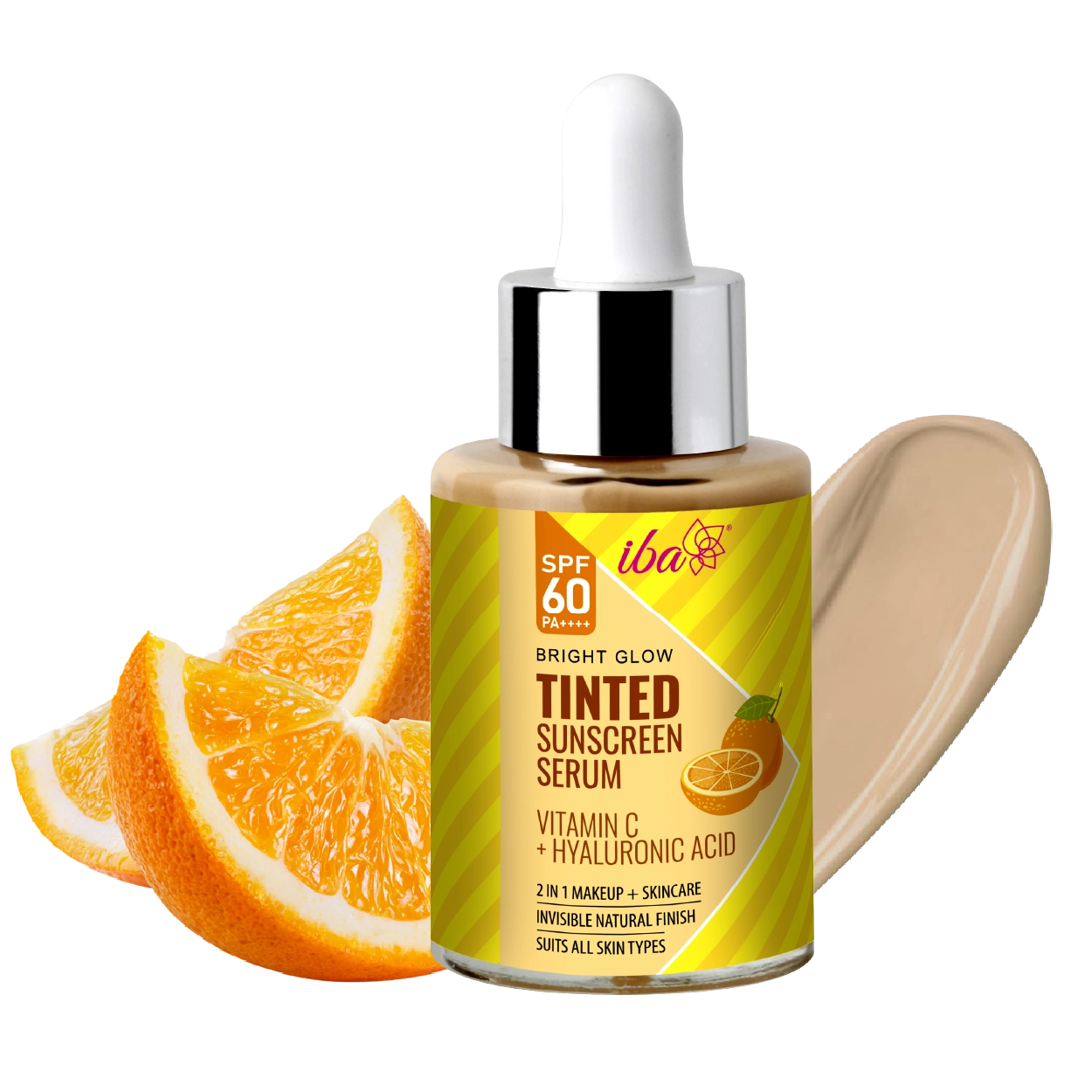Essentially, sunscreen is obligatory for sun protection, and yet a whole profusion of sun protection products is now available. Choosing an appropriate one is hence an arduous task. Tinted sunscreens and regular or untinted ones are among the sun-protection types, but they confer protection in differing manners. Each type has its own unique advantages so depending on an individual's skin, likes and wants, one kind of sunscreen may be better than another for a lifestyle.
 This blog will compare tinted and regular sunscreens while discussing the differences, advantages, and disadvantages of both. This guide will help whether you need a simple sunblock to keep out the horrible rays of the sun or a multifunctional product that incorporates sun protection with skin care-this guide will sort out which sunscreen would be good for you.
This blog will compare tinted and regular sunscreens while discussing the differences, advantages, and disadvantages of both. This guide will help whether you need a simple sunblock to keep out the horrible rays of the sun or a multifunctional product that incorporates sun protection with skin care-this guide will sort out which sunscreen would be good for you.
What Is Sunscreen and Why Do We Need It?
Sunscreen is a product meant for sunburn prevention and shields skin from sun-induced damage caused by ultraviolet rays. It protects against all kinds of ultraviolet rays. It protects against skin damage, premature aging, and a prevalent case of skin cancer by being exposed to these rays.
-
UVA penetrates in-depth and internally causes an aging process, which includes wrinkles and damage over time on skin.
-
UVB rays are the internal cause of sunburn skin and skin cancer production.
Both types of rays carry damage to the skin for people, thus they encourage man to put on protective sunscreen lotions on the skin due to the fact that they ever live with both harms. Sunscreens have two main forms: tinted sunscreen and normal sunscreen. Both forms are broad spectrum in action but are different entirely in certain aspects. When it comes to daily skincare, understanding tinted sunscreen vs regular can help you choose between added coverage and simple sun protection.
 Tinted Sunscreen: What You Need to Know
Tinted Sunscreen: What You Need to Know
Tinted sunscreen refers to the sunscreen that is so slightly tinted as to have the light brown or beige color. Almost all the tinted sunscreens contain their most essential ingredient, which is iron oxide that absorbs and blocks a spectrum of visible light. It is this secure feature of visible light that really produces lots of benefits for people, especially those with special skin problems.
Benefits of Tinted Sunscreen
-
Enhanced Protection Against Visible Light: The main advantage of tinted sunscreen is its ability to offer protection against visible light, in addition to the standard UV protection provided by regular sunscreen. Visible light can contribute to hyperpigmentation, skin aging, and sun damage.
-
Better Coverage and Concealing: The mild tint in tinted SPF sunscreens provides light coverage as a natural concealer, it is ideal for use by those who do not want to "dress down" their skin with makeup. Also, tinted sunscreen helps to blur skin imperfections while giving the skin luminous glow-all without requiring other cosmetics.
-
Ideal for Sensitive Skin: Iron oxide is found in tinted sunscreens and not in chemical pigments, making tinted sunscreens for sensitive skin better than traditional makeup foundations that often contain enough irritating ingredients to keep them out of sensitive skin formulations. Tinted sunscreen can be a more natural-looking solution for those who do not wish to wear conventional foundation, while protecting against harmful rays.
-
Sun Protection Without the White Cast: One common problem with many commercial sunscreens, and more so with mineral-based ones, is the white cast they leave behind on the skin. Tinted sunscreens usually resolve this predicament, as the tint itself is able to camouflage the product upon application into the skin, without leaving a trace of white. This makes tinted sunscreen a more aesthetically pleasing option, particularly for people with darker skin tones.
 Regular Sunscreen: The Classic Option
Regular Sunscreen: The Classic Option
Regular, or untinted sunscreen is by far the most popular type of sun protection. Sunscreen comes in both physical (mineral) and chemical formulations so that it can protect efficiently against UV rays. Conventional sunscreen is not tinted and, with its ability to shield against both UVA and UVB rays, is primarily about broad-spectrum protection.
Benefits of Regular Sunscreen
-
Proven Sun Protection: Both regular sunscreen and tinted versions offer the same level of sun protection when formulated with adequate SPF ratings. A sunscreen with a higher SPF, such as SPF 30 or higher, provides more protection against UV rays.
-
Variety of Options: There are various options of clear sunscreens which are available in the marketplace so you may choose one that suits your skin type. There are sunscreens for dry, oily, or combination skin.
-
Lightweight and Non-Greasy: Regular sunscreen is often formulated to be lightweight and non-greasy, making it easy to apply and comfortable to wear throughout the day. It can be found in different textures, including gels, sprays, and lotions, so you can pick one that suits your preferences.
-
Cost-Effective: Usually, regular sunscreens are cheaper than tinted sunscreens, which can make them ideal options for people who want primary sun coverage without sugarcoating for lack of pigments.
For a reliable and affordable best sunscreen, consider a broad-spectrum sunscreen that provides optimal protection against both UVA and UVB rays.
Tinted vs Regular Sunscreen : Which is Better Tinted or Non Tinted Sunscreens
A comparison of tinted sunscreen & regular shows that tinted versions offer both sun protection and a hint of coverage, while regular sunscreens focus solely on shielding the skin from UV rays. If you're looking for sun protection with a bonus of a natural glow and extra coverage, then tinted sunscreen might be the right choice for you. However, if you prefer a more basic option that focuses solely on UV protection and doesn’t require any added tint, then regular sunscreen is a great option.
For some, a combination of both might be the best solution. The difference between tinted sunscreen & regular lies in the added pigments of tinted formulas, which provide light coverage and help even out skin tone while still offering sun protection. You can use regular sunscreen in the morning and opt for tinted sunscreen if you're going out or need extra coverage for a more even skin tone. Tinted sunscreen vs regular can also impact how well the product blends with your skin tone and whether it leaves a white cast, making it a key choice for daily wear.
FAQs
Can I use tinted sunscreen as a substitute for foundation?
Yes, the use of tinted sunscreen can serve as a natural alternative to foundation. It gives off a natural glow and light coverage, perfect for those days when you want to go without makeup but feel your skin deserves an even tone and protective layer from the sun.
Is tinted sunscreen better than regular sunscreen?
This all depends on your skin type and what you need. If it is visible light-based protection you need with light coverage, tinted sunscreens are for you, but normal sunscreen is devoid of the tint and gives a much more reliable UV protection.
Both tinted sunscreen and regular sunscreen offer excellent sun protection, but the choice depends on your individual preferences and skincare needs. Whether you want extra protection from visible light, a hint of coverage, or a straightforward sunscreen for daily use, you can’t go wrong with either option.
Conclusion
For added benefits, explore products like the nourishing halal face serums, lightweight halal sunscreens and more for added skincare benefits.





